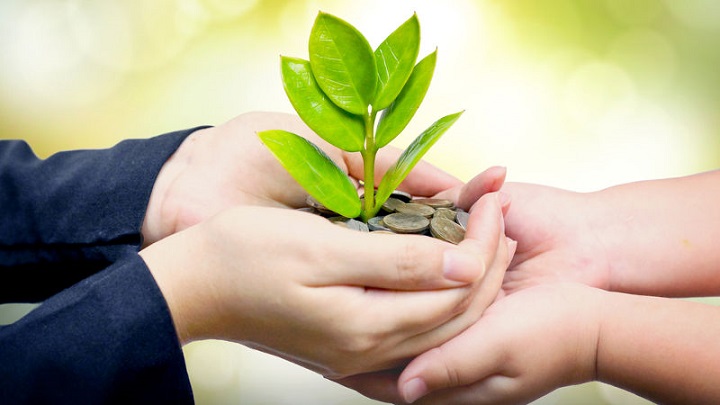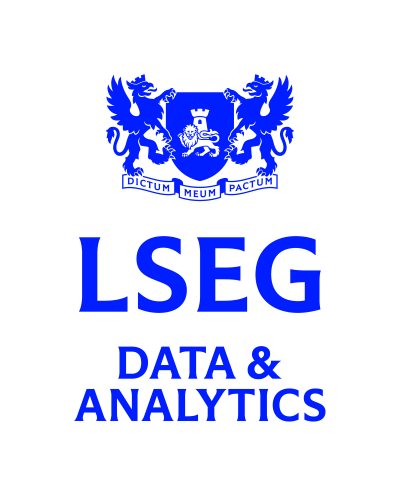Daud Vicary Abdullah shares his experience as an advisory board member of EFICA.

What would you say has been the most important thing you have learned from your career in finance about how financial services affects people's lives and society as a whole?
The most important thing for ethical finance to do is to make sure that that you understand your customer. You have to listen so you understand what they want and what they need. In order to do this, you have to have direct contact at some point. I am a fan of technology but, at the end of the day, in order to build a deep relationship there must be a personal connection.
How do we increase awareness of the similarities between ethical & Islamic finance?
The first point I would make is that, yes, we need to continue to increase awareness and raise the profile, discussion and debate about the connection between ethical and Islamic finance. To do so, we need to promote relevant research and communication. After 25 years working in Islamic finance, I can say clearly that there is still a lack of genuine understanding about the fact that this industry is not just here to serve Muslims, but it is open to everyone.
To change this situation, we have to approach the issue from the point of view that there are more similarities than differences. Islam and Shariah are a big turnoff these days, so we have to start by talking about the similarities. To explain the ethics of Islamic finance, we can start by comparing the similarities that exists between the objectives of Maqasid al-Shariah and the UN Sustainable Development Goals (SDGs). This is a more effective approach rather than explaining what is ‘riba’ is and it shows that you can get through to people if you speak to the audience who are listening.
Are we doing enough to build awareness?
We are doing a lot, but there is more that we can do. The EFICA awards are promoting the right things. Other institutions, including Shariah boards can do more as well to meet the needs of the 21st century. To ensure that they focus on the right things for today and not 200 years ago, there should be not only a focus on structures but also on impact.
To take an example, if you have an Ijara leasing contract, it is a legal contract to use. However, if you use the arrangement to buy a Caterpillar bulldozer and bulldoze the rainforest, it is not Shariah compliant. The Shariah scholars need consider the social responsibility and social justice to take the next step.
Are there enough ethical initiatives for the MENA region, especially in the financial sector?
As I said, EFICA is a great initiative and that is why I am proud to be a part of it. We are demonstrating actions as well as breaking down barriers. So, if there are more ethical initiatives, they probably don’t need to come in the form of more competitions. Other initiatives that also promote greater exposure of the linkage between Islamic finance and ethical finance will be useful.
The basis for this work is to start from the idea that Islam does not control ethics – many other religions have similar codes of ethics to the one Muslims use. We must bring a demonstration effect to show that we are walking the talk and promoting our values. For example, university research can focus on outcomes for social justice by linking Islamic finance with sustainable energy and green bonds.
We should link Islamic finance to social finance like sadaqa, waqf and zakat to help better prepare for and mitigate humanitarian disasters. For example, we can develop Takaful coverage against natural disaster for drought or flood prone areas to pay in ahead of time rather than being reactive.
The majority of ethical finance initiatives focus on microfinance and crowdfunding. What suggestions do you have to broaden the scope of current and possible initiatives to get it a wider platform in the financial sector?
First, there should be a focus on these areas and they are connected into developing the links between the Maqasid al-Shariah and the SDGs. However, there are also other areas like using awqaf funds as initiator for long-term sustainable development. For example, if you finance a waqf to deliver community sustainable energy, it will promote the SDGs and the Maqasid but also the, by selling the (green) power to the grid, create a steady stream of cash flows to deliver resources for other benefits.
Another area would be finding opportunities for FinTech to be used as the back-end connection to link farmers to a bigger marketplace. On a bigger market, they can get better prices and access to better fertilizers that further increase their profitability which has a spillover to their communities. This can expand the impact delivered by microfinance and crowdfunding in areas like sustainable energy and affordable housing. The role of EFICA is getting people to listen to see where you can demonstrate impact and really make a difference.

